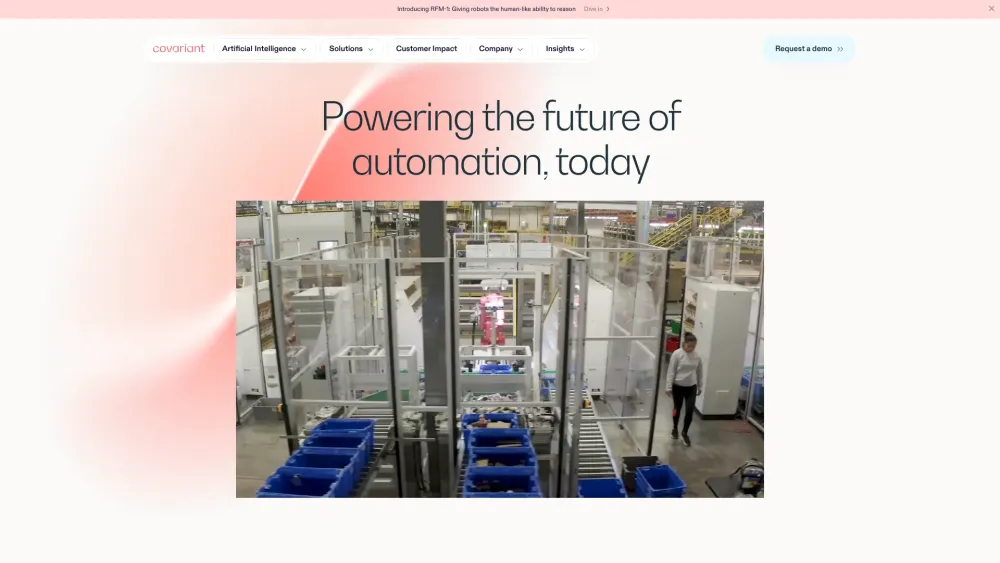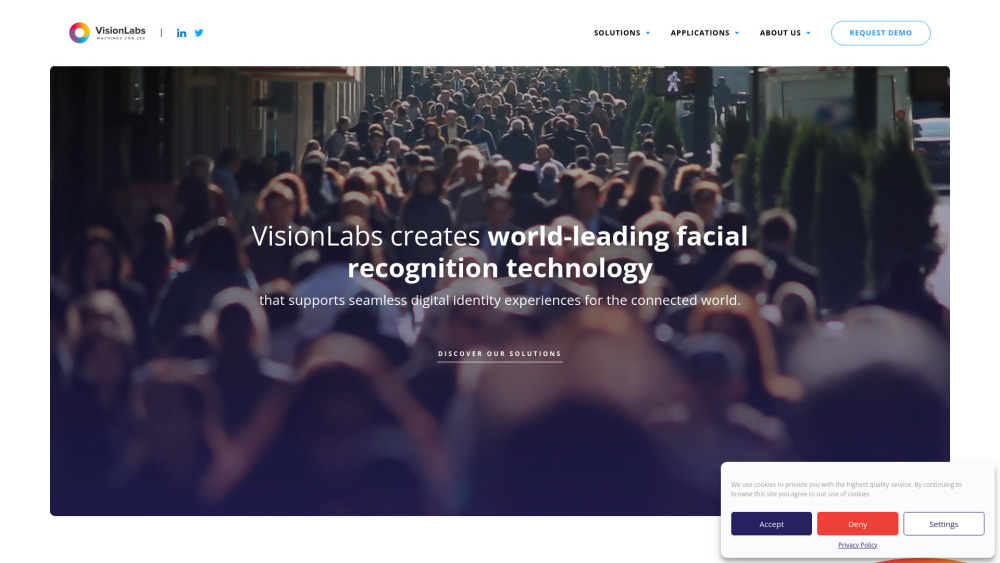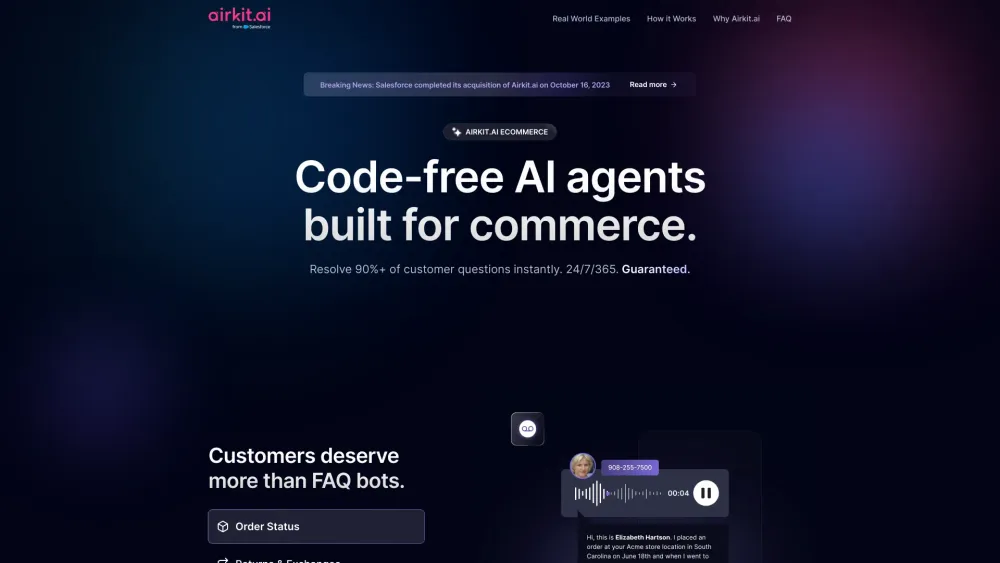In a significant advancement for AI infrastructure, Arm has announced its latest developments in Neoverse chip technology based on the Arm computing architecture.
The company introduced two new Arm Neoverse Compute Subsystems (CSS), leveraging third-generation Neoverse intellectual property. Arm specializes in designing chips or components for third-party chip manufacturers.
Arm Neoverse CSS V3
The new Arm Neoverse CSS V3 is part of the high-performance V-series portfolio, achieving a 50% increase in performance-per-socket compared to the CSS N2. The Arm Neoverse CSS N3 extends the N-series CSS roadmap, offering a 20% boost in performance-per-watt over its predecessor, CSS N2. Arm's Total Design ecosystem has rapidly expanded, now featuring over 20 partners dedicated to delivering System-on-Chip (SoC) and chiplet designs across three leading foundries.
"Arm has built the most pervasive CPU architecture in history and has spearheaded many technological revolutions impacting daily life globally," stated Mohamed Awad, senior vice president and general manager of the infrastructure line of business. "Now is one of the most thrilling times for us, as innovation rapidly unfolds across technology. From tiny sensors to expansive data centers, compute is increasingly specialized. Standard CPUs are no longer adequate."
These innovations highlight Arm's dedication to enhancing AI compute performance, crucial as AI application demand surges in sectors like education, healthcare, and manufacturing.
"In our infrastructure, we're evolving towards sophisticated warehouse-scale computing," Awad explained. "It's not just about chips or servers; it’s about the entire data center. In 2023, we saw this transition speed up as generative AI gained traction. Going into 2024 and beyond, we anticipate substantial innovations as AI integrates into education, employment, healthcare, and transportation, reshaping our economy and lives—all built on Arm technology."
The Neoverse CSS Advantage
Arm Neoverse CSS subsystems present integrated, optimized platforms that combine key technologies central to SoC design. Dermot O’Driscoll, VP of product solutions for the infrastructure line of business at Arm, remarked, "Today, we’re launching the Neoverse CSS N3, which prioritizes power efficiency, delivering a remarkable 20% uplift in performance-per-watt over CSS N2. We designed CSS N3 to address the market's need for highly efficient computing that meets infrastructure demands."
Arm emphasizes that Neoverse CSS is ideal for partners seeking differentiation, SoC optimization, and quick market entry. By engaging deeply with partners, Arm enhances Total Cost of Ownership (TCO) for essential workloads and supports emerging technologies like chiplets, reinforcing its role in innovation.
"AI is becoming essential in networking, security, and storage, impacting everything from endpoints to base stations,” Awad noted. “At Arm, we're proud to be central to how technology leaders are addressing the increasing demand for data and compute driven by AI."
Ecosystem Expansion with Arm Total Design
The Arm Total Design ecosystem, aimed at creating custom SoCs with Neoverse CSS, has now grown to include over 20 partners committed to delivering efficient solutions for an AI-driven future. These partners collaborate on various elements, from IP verification to firmware customization and chiplet development on advanced process nodes utilizing Neoverse CSS.
Arm is also pioneering an interchangeable chiplet ecosystem with its newly announced Chiplet System Architecture (CSA). Based on feedback from the Arm Total Design ecosystem, CSA lays the groundwork for a robust chiplet environment that promises future innovations in chip design.
Awad highlighted the rapid success of partners, noting one saved 80 engineering years and another reduced project time from kickoff to tape-out to just nine months.
"This is the best generation of Neoverse technology yet. We are enhancing our leading N-Series roadmap with a new platform, elevating performance-per-watt to unprecedented levels," Awad stated. "With our new N3 and V3 compute subsystems, we aim to unlock emerging technologies like chiplets and maximize TCO for critical workloads across AI, databases, networking, and more."
Analysts estimate that up to 80% of deployed AI servers currently focus on inference, a trend expected to grow. "Finding the right models and configurations for efficient infrastructure deployment is crucial," Awad said. "We're observing promising token generation throughput on Arm silicon already in widespread use."
Partner Activity
Arm noted a robust landscape of at least 80 companies developing AI accelerators, including market leader Nvidia, which offers a closely integrated Neoverse V2-based compute chiplet called Grace.
"We've also added silicon design partners in strategic regions like Korea, Taiwan, China, and India, presenting tremendous growth opportunities," Awad mentioned. "We engage all three foundries to ensure our CSS products are optimized for their advanced process nodes. This level of diversity and choice in the semiconductor supply chain is unique to Arm."
"TSMC has partnered with Arm for over a decade, continually pioneering computing innovations," a TSMC spokesman stated. "Arm is integral to our open innovation platform, and we look forward to advancing AI and HPC semiconductor design hand in hand."
Wrapping Up
Awad concluded, "The platforms we introduced today are the pinnacle of Arm Neoverse technology, setting the stage for next-generation products and services as AI workloads evolve. Our Neoverse V3 and N3 computing subsystems deliver the performance and efficiency needed for this transformation, supported by the Arm Total Design ecosystem for rapid innovation."
"Arm is uniquely positioned to deliver AI-optimized computing platforms across market segments, enabling partners to innovate flexibly, making it clear that the future of AI and compute will be built on Arm."




